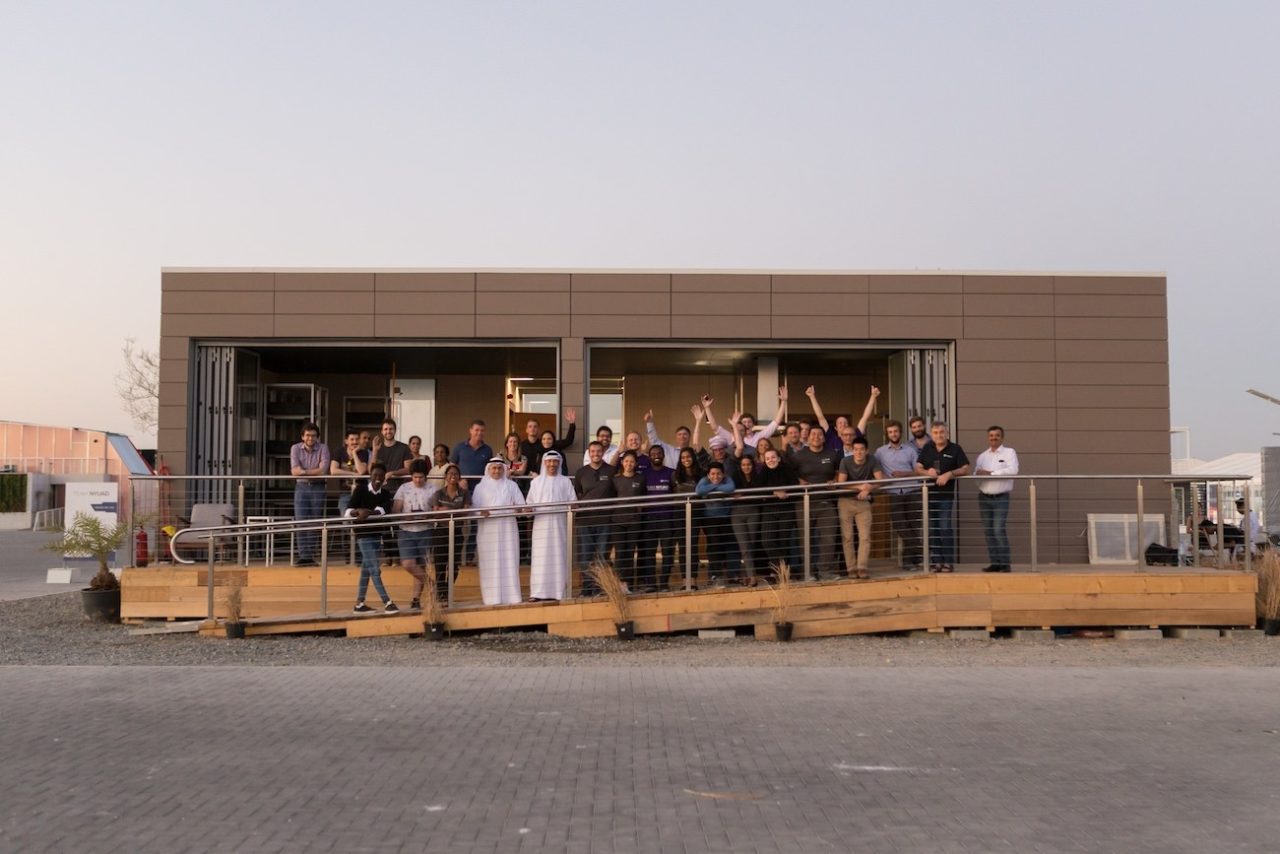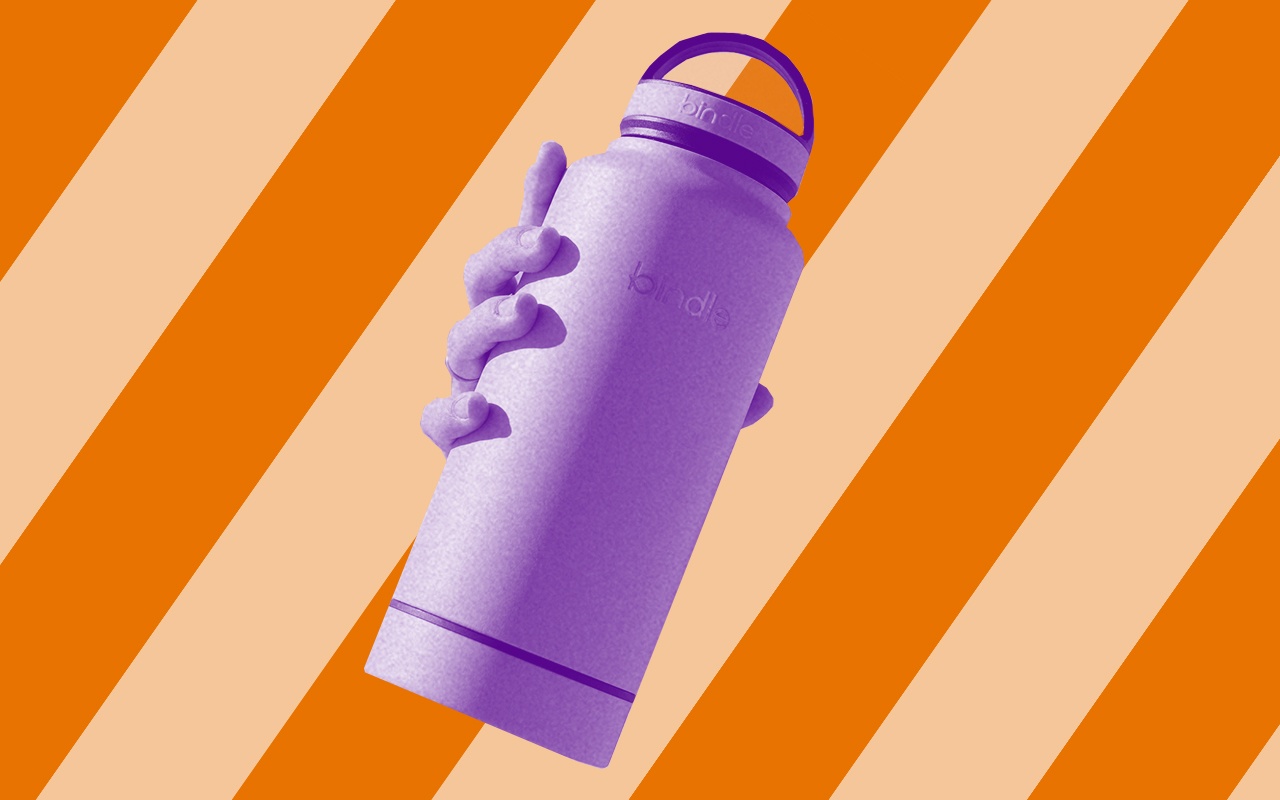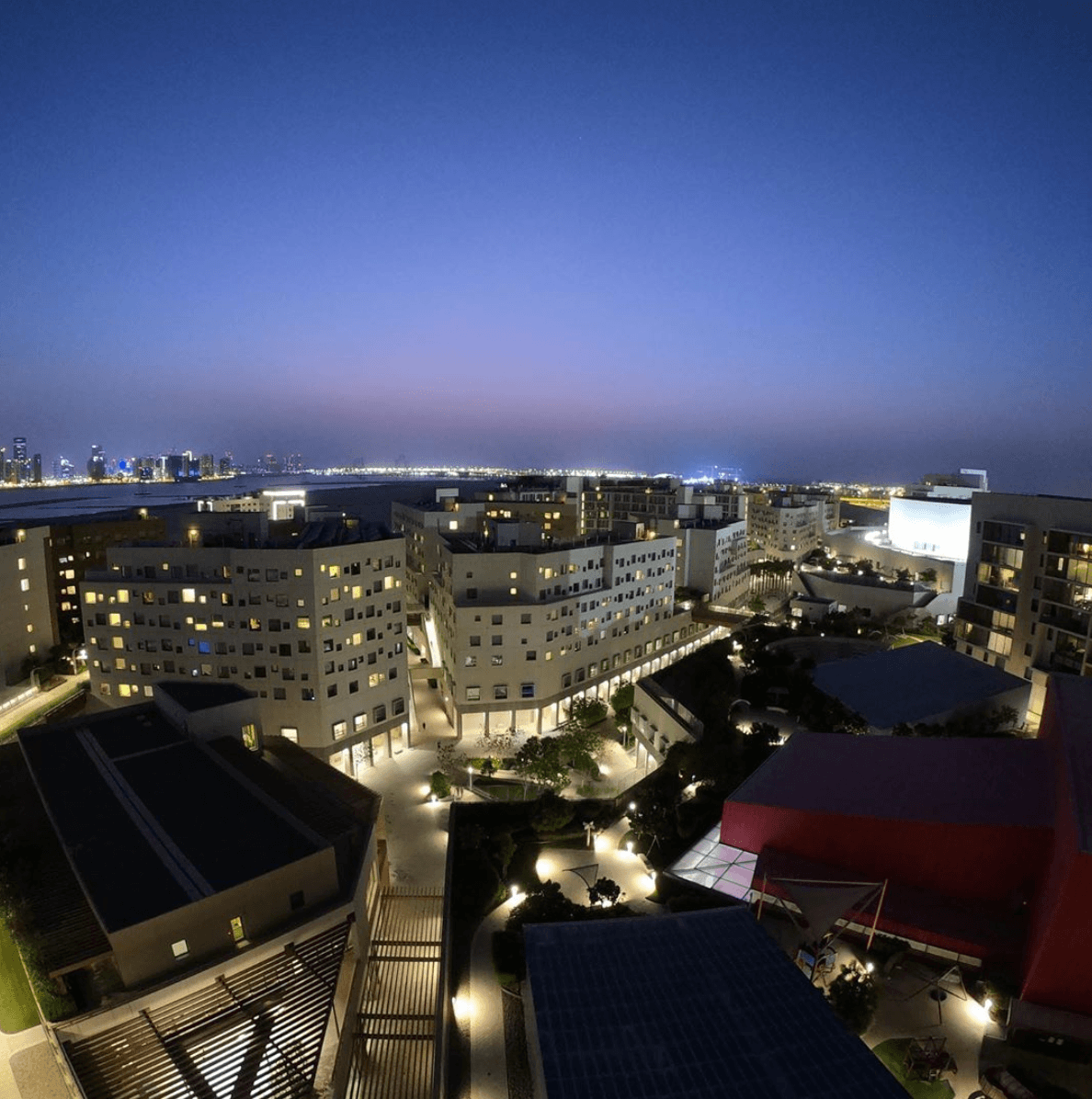Published October 30, 2021
Into the Green Desert: Sustainability at NYU Abu Dhabi
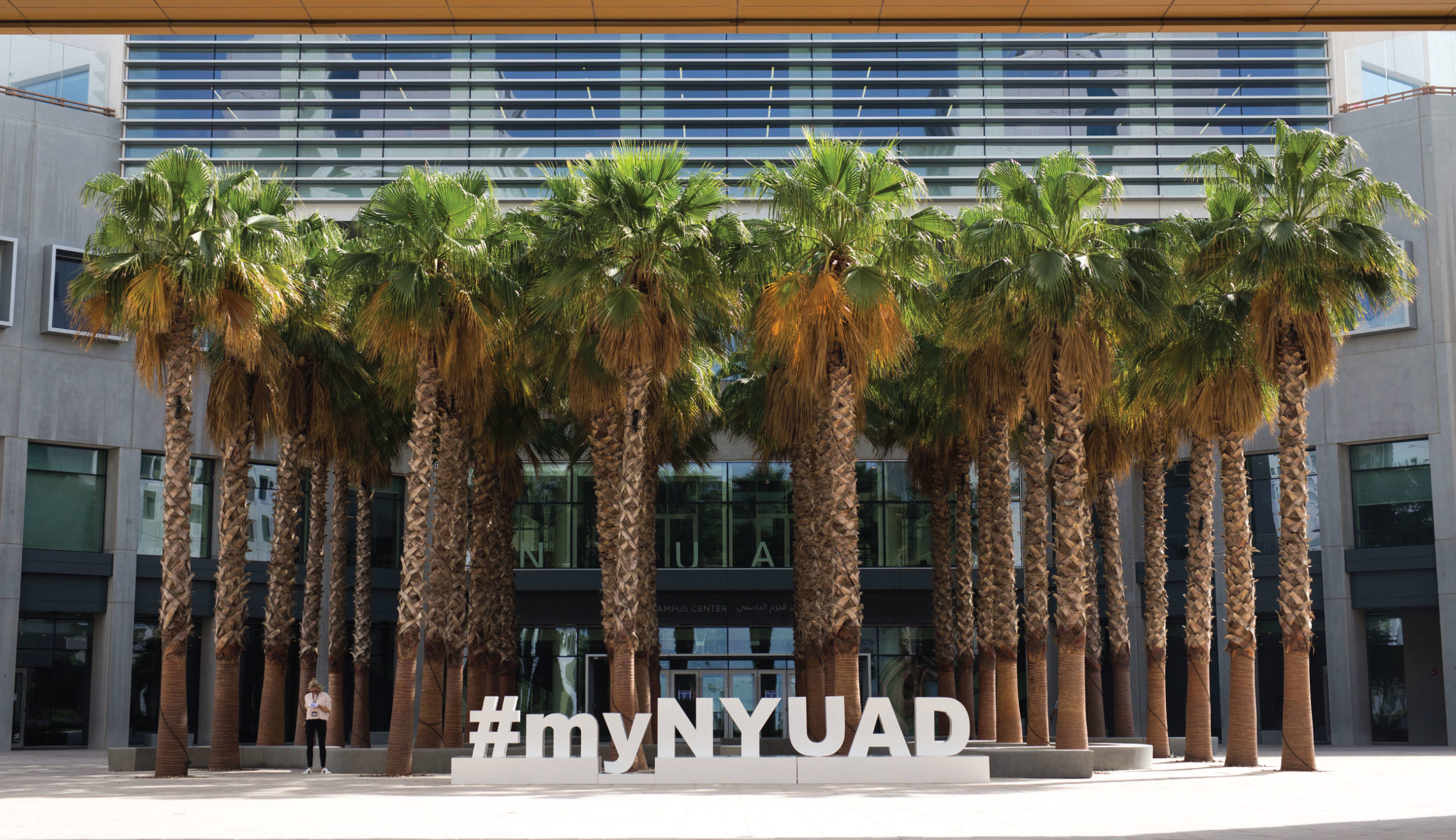
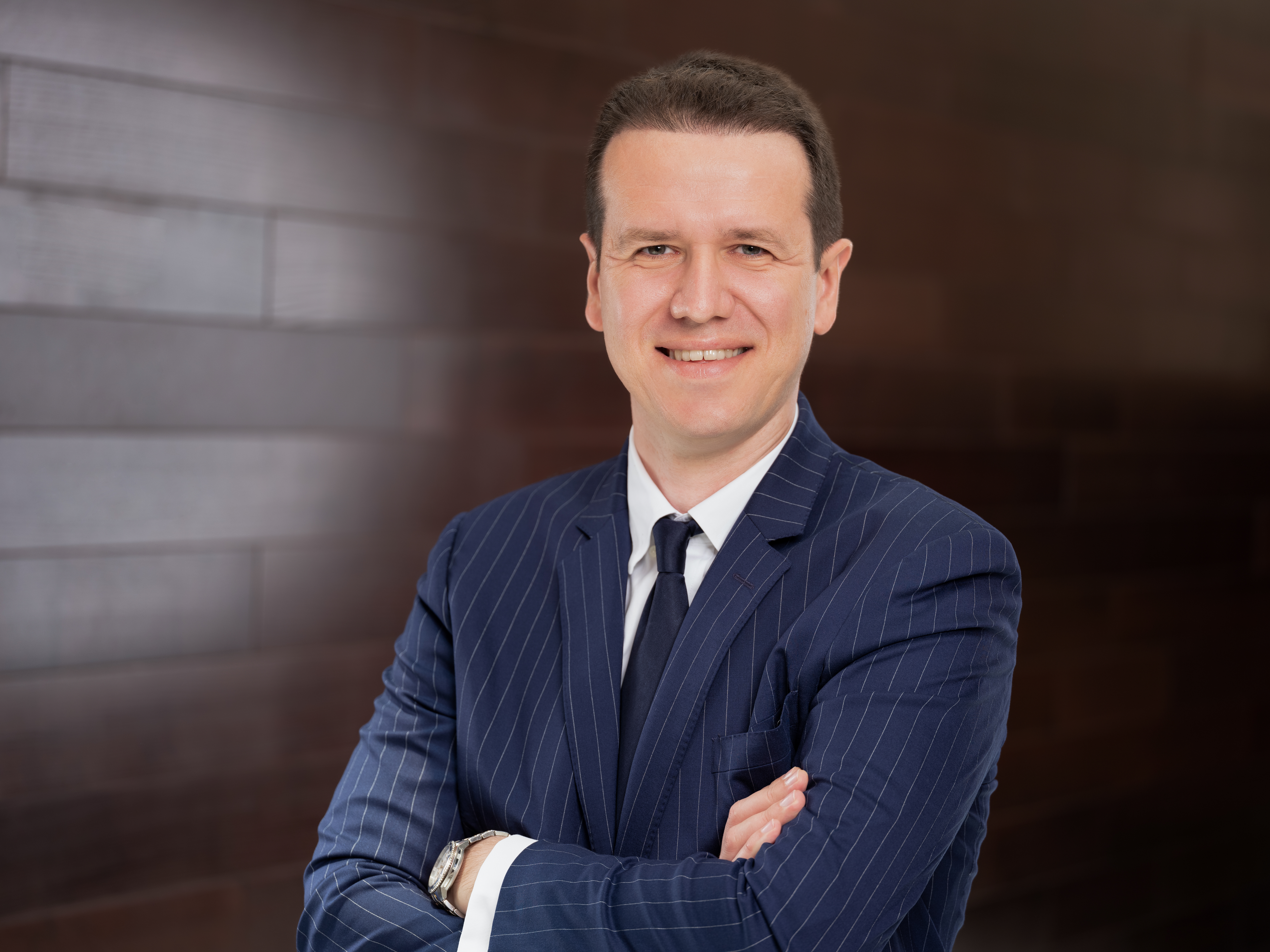
When Antonios Vouloudis started his first week as NYU Abu Dhabi’s inaugural Director of Sustainability and Environmental Stewardship, he didn’t have much time to settle in. “Students started approaching me about sustainability initiatives on the first day of my appointment,” he recalls. “It was this amazing energy. The students here are really educated about what’s going on, and they’re so excited to see more happening on campus—and I’m so excited to work with them.”
Having lived in Abu Dhabi for the past 11 years, Vouloudis comes to NYU Abu Dhabi with a background in sustainable engineering and infrastructure. Previously, he worked as a sustainability consultant for the private sector. Then he was a project manager for Abu Dhabi’s Department of Municipalities and Transport, ensuring that building projects met the Emirate’s exacting sustainability standards. Most recently, that role saw him advising the city on project Ghadan21 (“ghadan” means “tomorrow” in Arabic), a citywide initiative to mitigate the urban heat island effect in Abu Dhabi through creating pocket parks. Now, he’s bringing his sustainability savvy to NYU Abu Dhabi with a goal of creating a greener future—on and off campus.
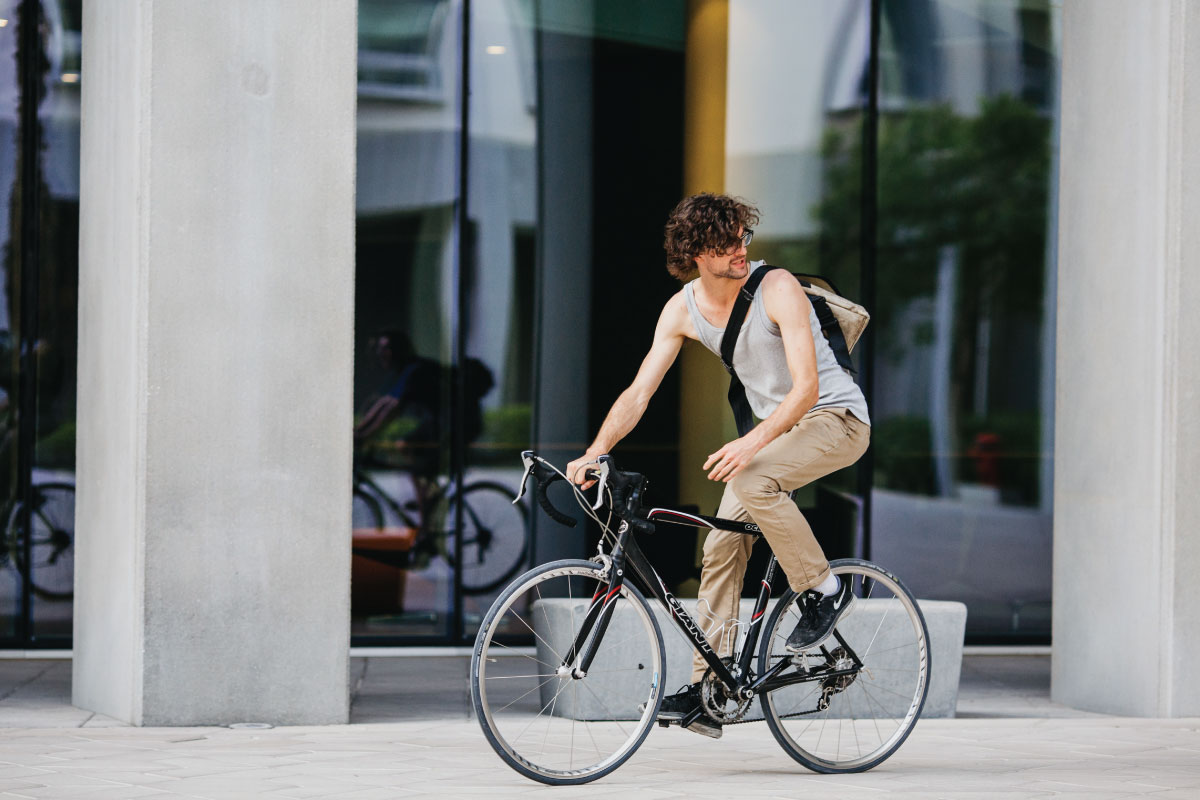
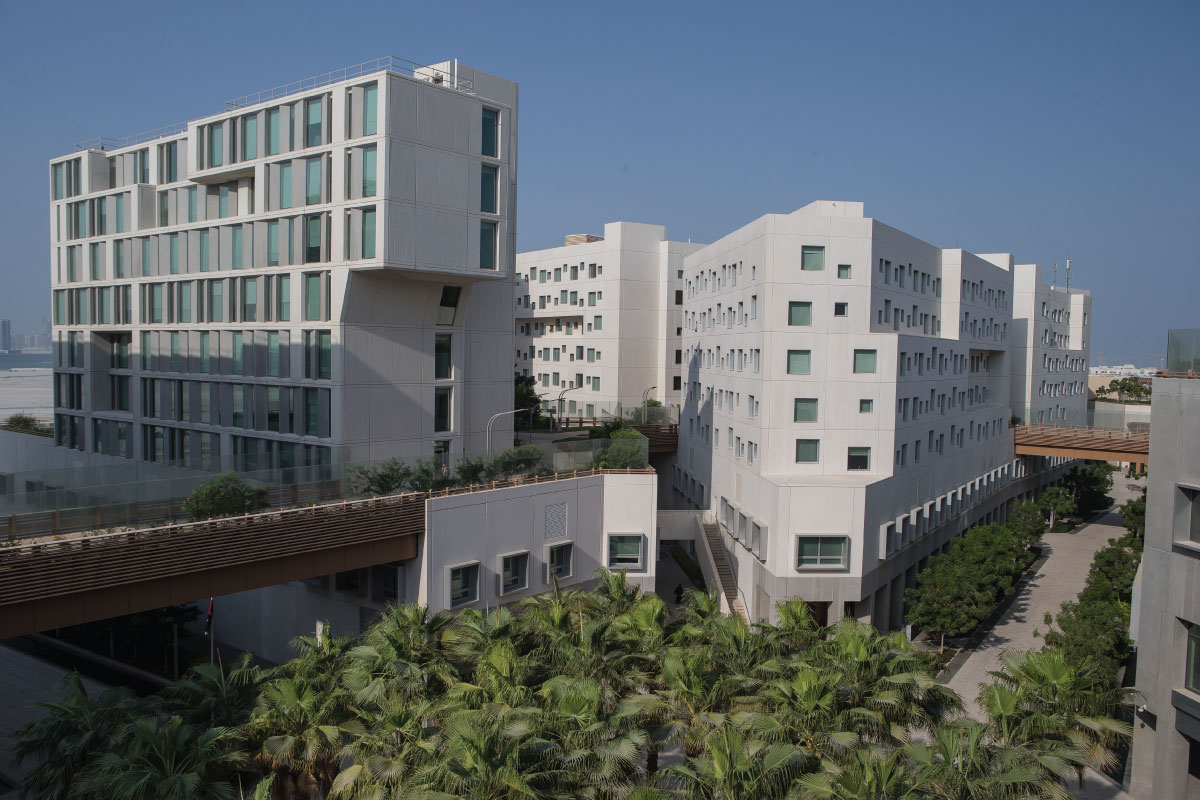
A Greener School
At NYU Abu Dhabi, sustainability touches every corner of campus, from dining halls to dorm rooms and from IT to the very buildings themselves. Already, the school has achieved a number of sustainability milestones. These include instituting robust recycling and composting programs and replacing plastic water bottles with atmospheric water generators, which condense and sterilize moisture from the air to make drinking water. Additionally, the school’s pioneering Plastic Recycling Research Lab explores long-term solutions to increasing the recyclability of plastic. And students are a vital part of NYU Abu Dhabi’s eco-efforts. “For example, Ecoherence, the campus’ student-led sustainability club, is partnering with NYU Abu Dhabi and the UAE government to conduct a campus-wide environmental audit and run climate science workshops,” explains Vouloudis.
Now, Vouloudis is excited to build on these initiatives to centralize sustainability efforts at NYU Abu Dhabi. Specific targets include reducing water consumption, improving energy efficiency, and minimizing greenhouse gases from dining as part of the Cool Food Pledge. As a member of NYU’s global network, he’s working across departments, nationalities, and time zones to make an impact. “To effect the change that’s needed, you need to be resilient, adaptive, and able to work well with different teams. For example, I work closely with the NYU Office of Sustainability in New York to figure out what’s been working for them and align our initiatives,” he explains. “At NYU Abu Dhabi, just like in Abu Dhabi itself, it’s a multicultural environment. And that’s wonderful because there’s no easy approach to this work, so we need to work together.”
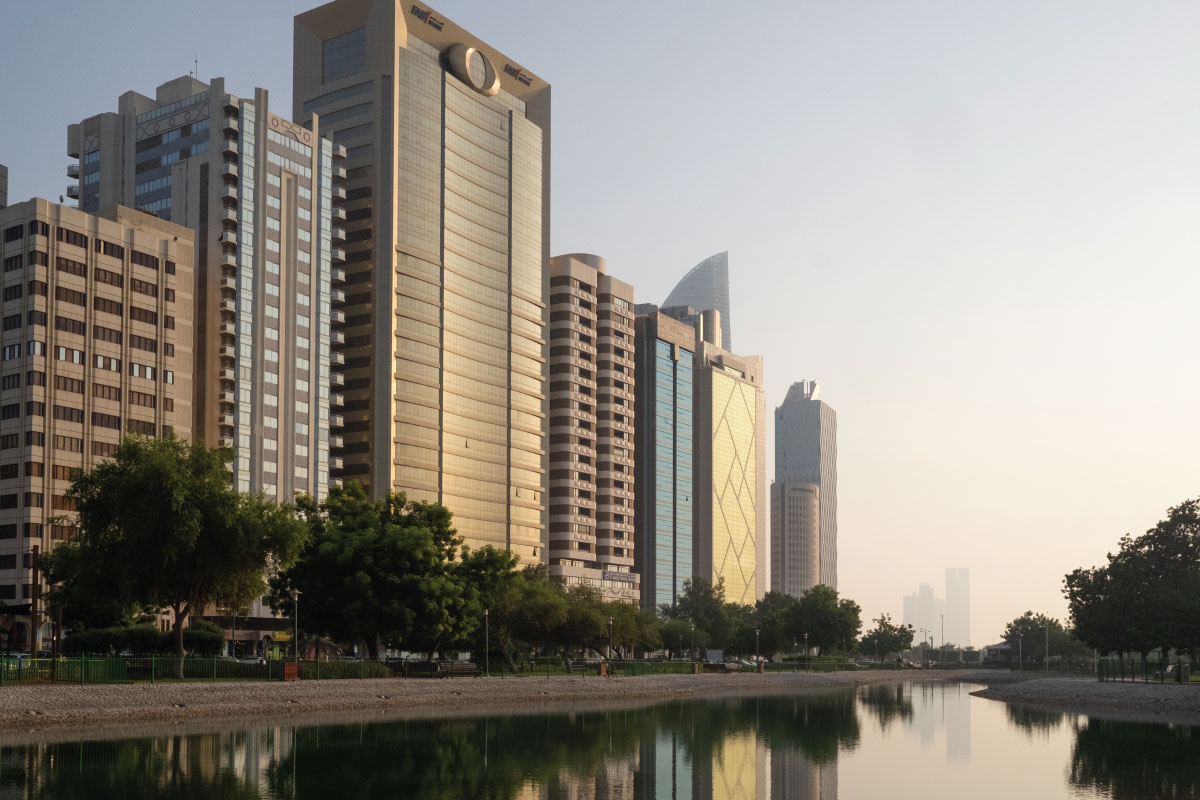
A Greener City
Environmental efforts at NYU Abu Dhabi are particularly challenging due to its setting. The UAE is a desert: arid and hot. Consequently, despite water scarcity, the country requires an outsized amount of water and energy for cooling and irrigation. Happily, the capital of Abu Dhabi is leading the way in combating climate change and making sustainability a priority.
Having worked in sustainability-related roles in Abu Dhabi since 2010, Vouloudis has witnessed an incredible transformation. “It’s been amazing to be a part of that journey,” he attests. One of the biggest initiatives Vouloudis contributed to was the creation and implementation of Abu Dhabi’s Estidama Pearl Rating System, which is similar to the LEED rating system in the US. However, unlike LEED certification, which is optional, all new buildings in Abu Dhabi must get a Pearl 1 Estidama rating. NYU Abu Dhabi’s campus currently has a Pearl 2 rating. “Before, the construction industry here really didn’t care about sustainability. Now, because of the Estidama program, it’s the norm,” he explains.
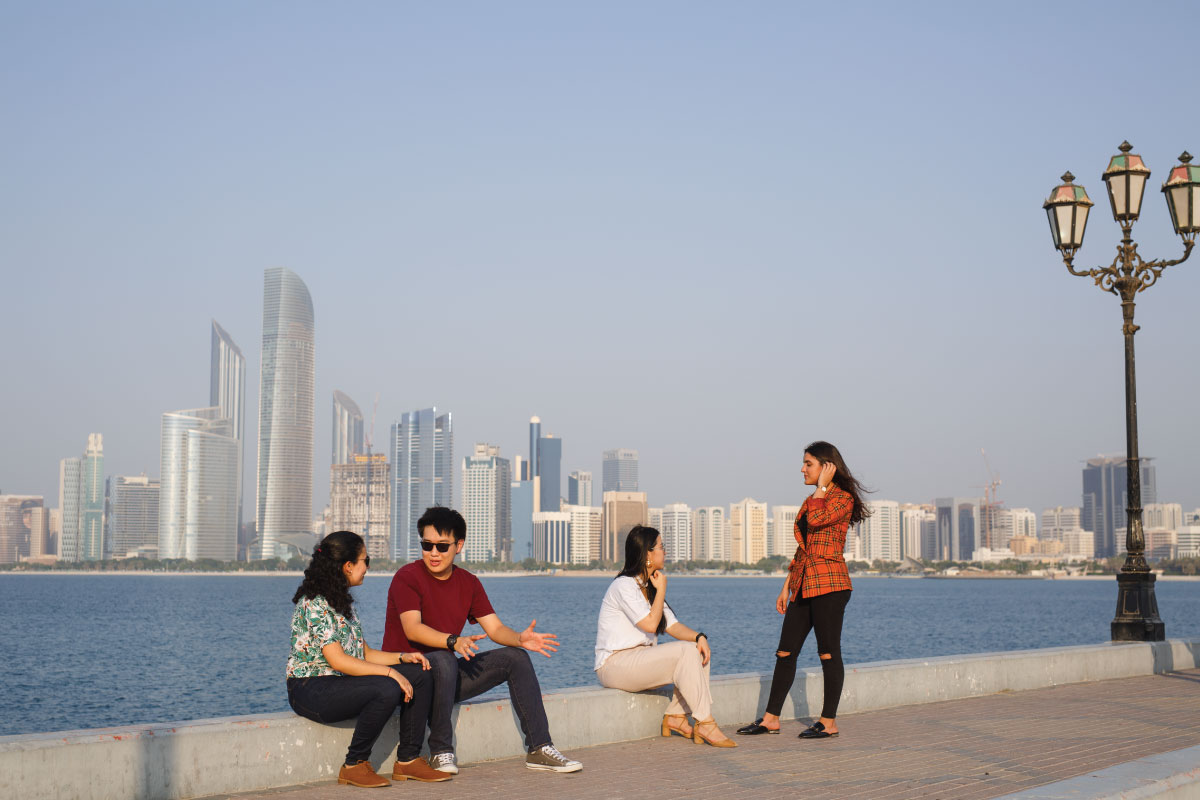
A Greener Tomorrow
And NYU Abu Dhabi isn’t just about greening the campus. Sustainability is a priority in the classroom, too, where students can minor in Environmental Studies. Courses such as “Global Sustainable Studies” and “Oil and Energy in the Middle East” prepare undergraduates to face and fight today’s environmental challenges and prepare for a brighter future. “Students are one of the most—if not the most—important stakeholders on campus,” says Vouloudis. And what’s his advice for those who feel overwhelmed by the climate crisis? “Embed sustainability into your entire lifestyle. Engage, contribute, connect, and volunteer,” he suggests.
“I always remind everyone that a small change can have a big impact,” he continues. “It’s nothing that you haven’t heard before: switch off the lights when you leave the room. Turn off your taps. Bring a reusable mug when you buy a cup of coffee. Believe me, if everybody did these things, we’d be in a much, much better position as a global community. Small changes have a ripple effect—that’s the message I want to pass along. Everybody has a role to play. Everybody can—and must—contribute.” And if you have an idea that will make an impact on campus, big or small: “Remember that my door is always open,” he says.

